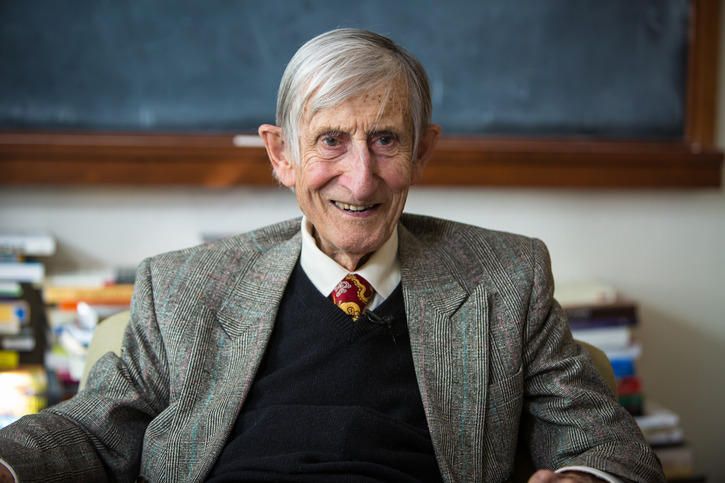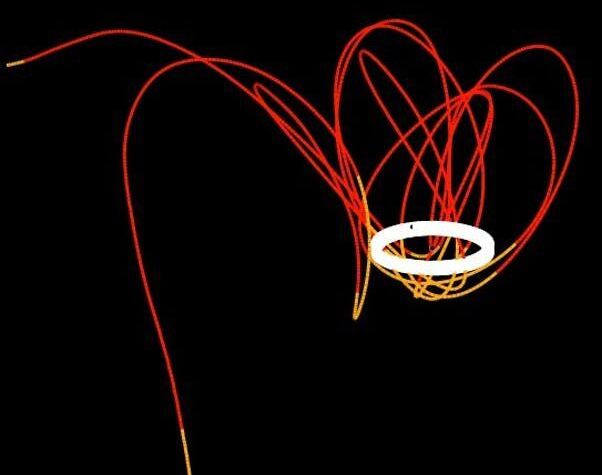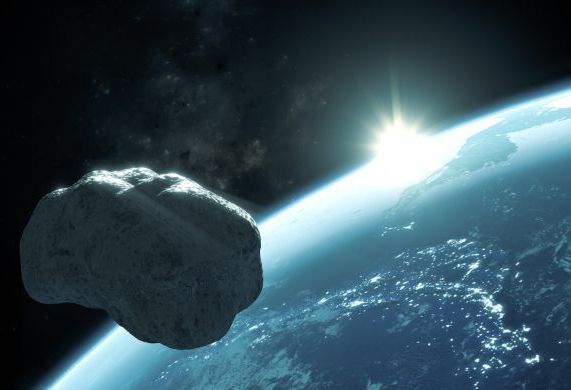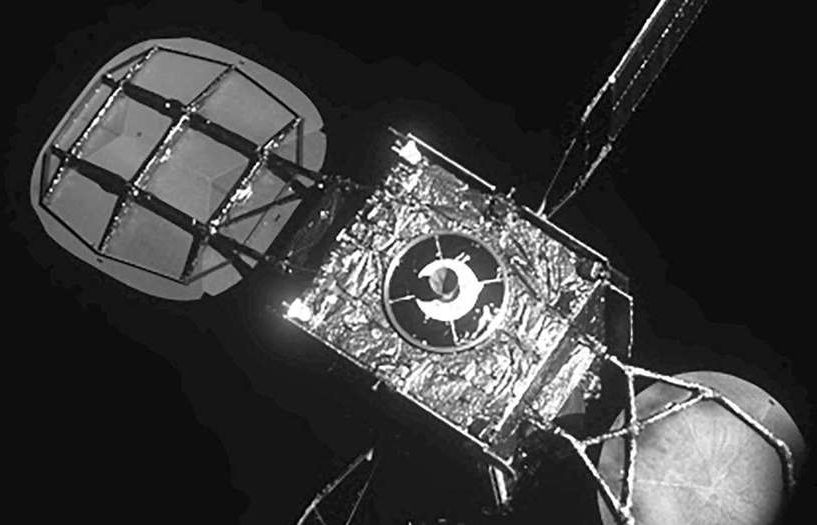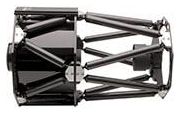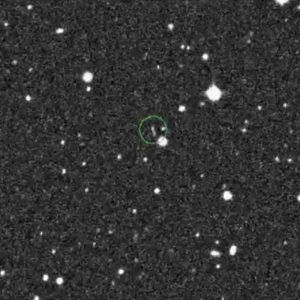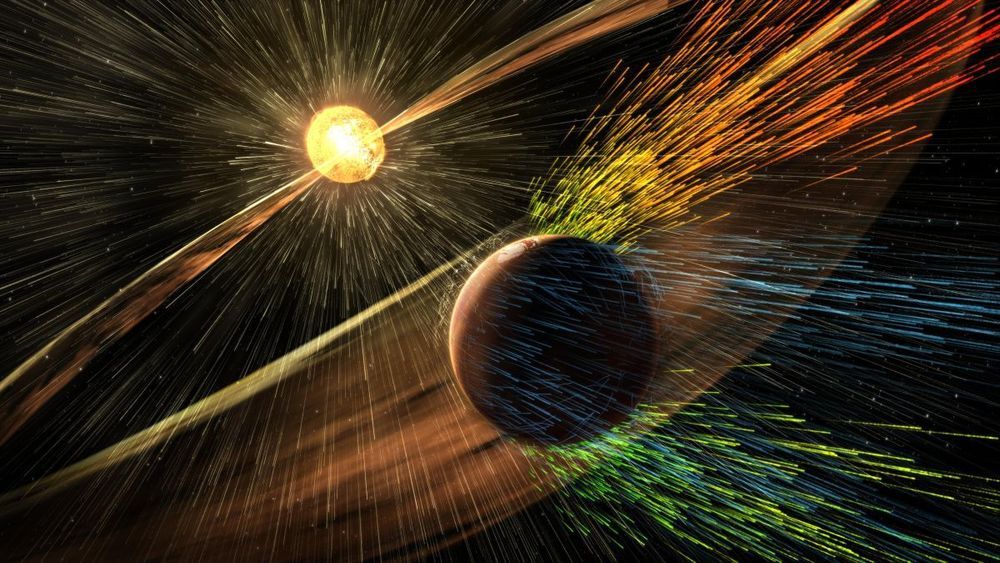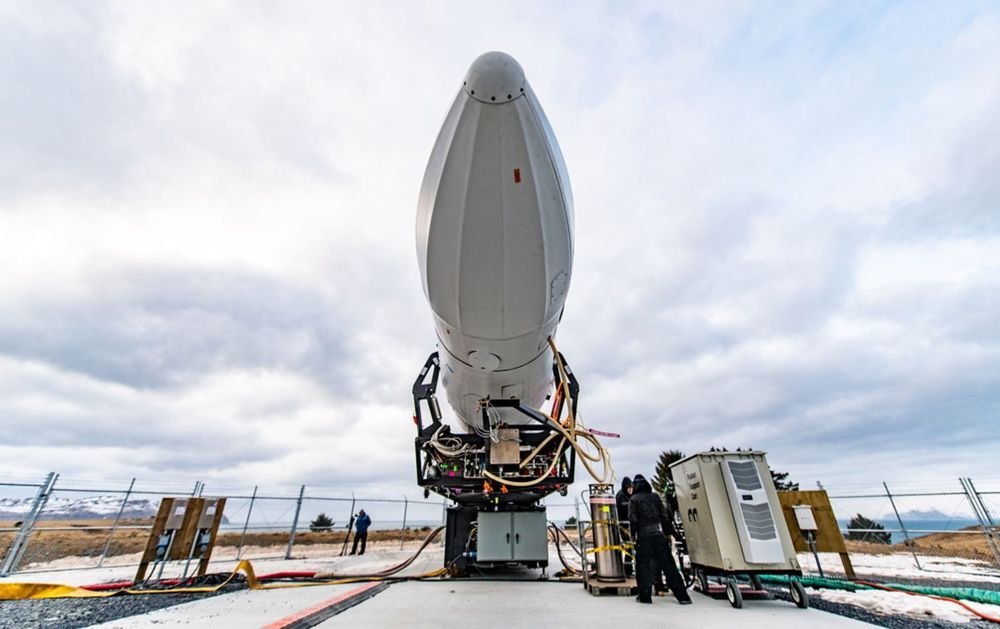Freeman Dyson, renowned scientist and scholar, has died at 96, according to his daughter Mia.
The British-born scientist and professor emeritus spent much of his career as a physics professor at the Institute for Advanced Study in Princeton, according to his biography on the institute’s website. He was among 29 scientists who supported the Obama administration’s 2015 nuclear deal with Iran. In 1967, he also acted as a military adviser regarding the use of tactical nuclear weapons in the Vietnam War, and in 1984 he wrote a book on the dangers of nuclear warfare.
A futurist and space-enthusiast, Dyson had several scientific concepts named after him, including the “Dyson Tree,” a genetically engineered plant that would be able to survive in a comet and grow in space. One of his ideas, the Dyson Sphere, was featured in an episode of the sci-fi series Star Trek.
